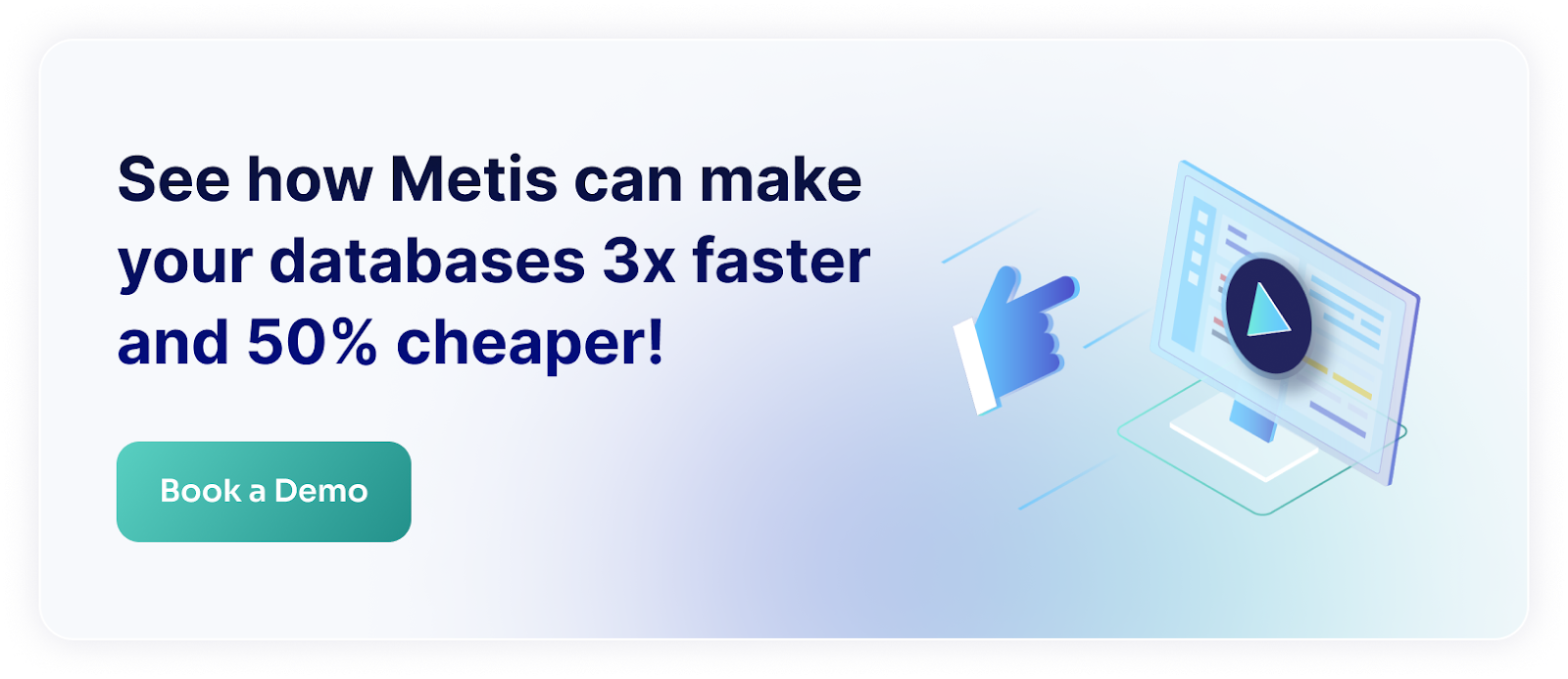As DevOps engineers, our goal is to write efficient, high-performing code that excels in production environments. This applies not only to our application code but also to our databases. Imagine having the confidence to make code changes without worry - deploying without stress. Wouldn't it be reassuring to have automated verification that your updates, whether to the database or business logic, won't cause issues in production? Keep reading to discover how you can achieve all of this.
DevOps’ Challenges With Databases
As DevOps engineers in today’s fast-paced world, we often deploy code multiple times a day while juggling various tasks simultaneously. Our applications span across numerous clusters and connect to hundreds of databases. Working on multi-tenant platforms, we frequently need to tailor solutions to meet specific requirements. With this level of complexity, it's no surprise that things can often go wrong, making it challenging to manage.
One aspect that can significantly simplify our work is ensuring continuous database reliability. We need confidence that our designs will perform well in production and scale effectively to meet customer demands. Unfortunately, load testing, though valuable, is becoming rare due to the difficulty of building and maintaining them. Even when available, load tests are too far down the pipeline and take too long to complete. We can’t afford to wait for them to verify scalability - we need faster feedback. This is where tools that help validate queries and schema changes earlier in the process become essential.
Unfortunately, many industry-standard solutions fall short in this area. Unit tests only ensure the correctness of queries - verifying data is read and written correctly - but they don’t assess performance. They won’t catch slow joins, N+1 query issues, or missing indexes. Similarly, tools for deploying schema changes don’t check if those changes will complete quickly, whether they risk data loss, or how they’ll impact the database structure. These tools won’t alert us to potential table rewrites that could take hours.
Metis addresses these challenges by protecting DevOps engineers and their teams from these pitfalls. With Metis, we can verify the correctness of our designs, queries, and schema migrations before committing changes to the repository. Keep reading to learn more about what Metis has to offer.
Metis Covers Your Databases
Metis offers a range of features, including database guardrails. It seamlessly integrates with your development workflow and CI/CD pipelines to automatically validate queries, schema migrations, and database interactions. Let's explore how its IDE and CI/CD integrations provide the confidence that your changes are production-ready and safe to deploy.
By integrating Metis, you gain automated checks for all your queries. For example, when you run unit tests that interact with the database, Metis evaluates whether those queries will scale effectively in production. There's no need to commit your code to the repository for these checks to take place.

Metis captures your queries, analyzes their execution plans, and highlights areas that need improvement. It can simulate how your query will perform on your production database, identifying potential performance issues even if the query works well locally. This feedback is provided in real-time as you write your code.
Additionally, Metis can assess your schema changes. It reviews the code that modifies your databases, checking whether migrations will run efficiently and flagging any potential risks.

Metis ensures that you can deploy your changes with confidence.
It integrates seamlessly with your CI/CD pipelines, allowing you to use it alongside your preferred tools, such as GitHub Actions. This way, both performance and schema migrations are automatically verified during the deployment process.

Metis runs automatically within your pipelines, acting like CI/CD for your databases.
It ensures your design is sound, providing immediate insights as you implement changes—no need to wait for load tests to finish.
Deploy Without Worries!
DevOps Engineers encounter numerous challenges, and there are currently no tools on the market that can verify whether queries will perform efficiently in production or whether a schema migration will trigger a table rewrite. Metis addresses these issues by automatically validating your design, checking queries, and schema migrations. It provides the assurance you need to confidently modify and deploy your code to production. Incorporate Metis into your GitOps workflow to establish robust database reliability with built-in database guardrails.







